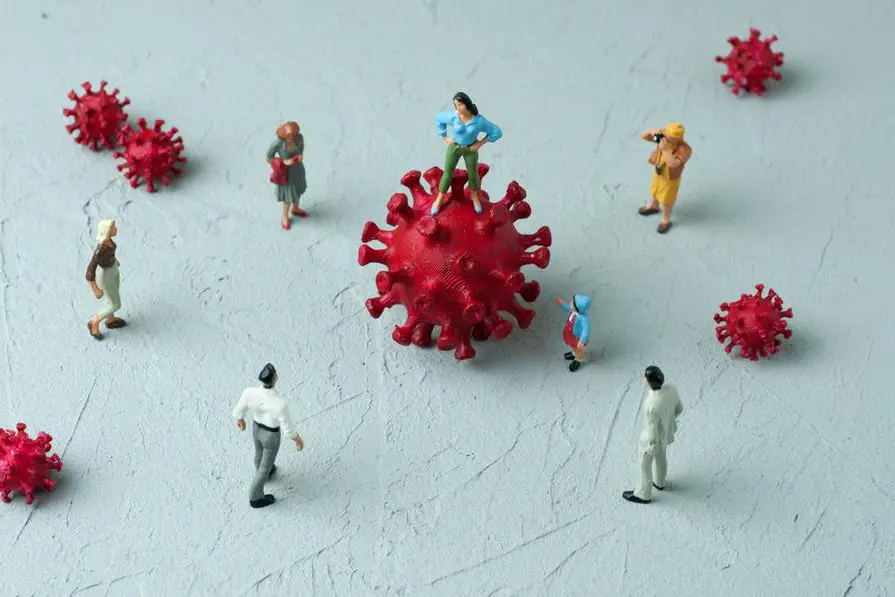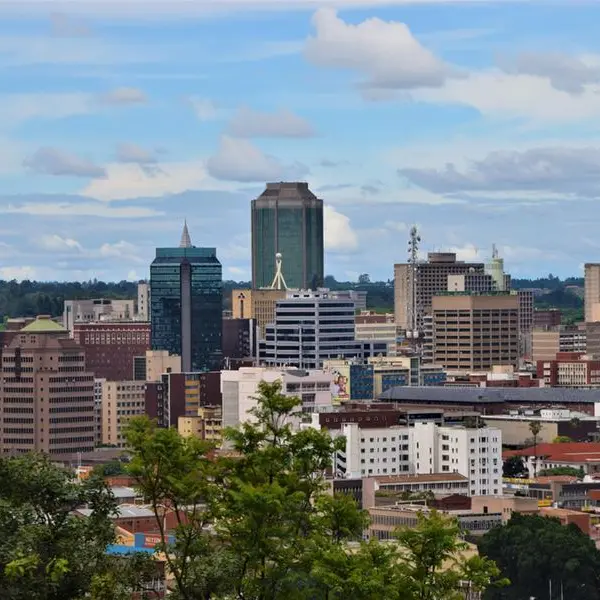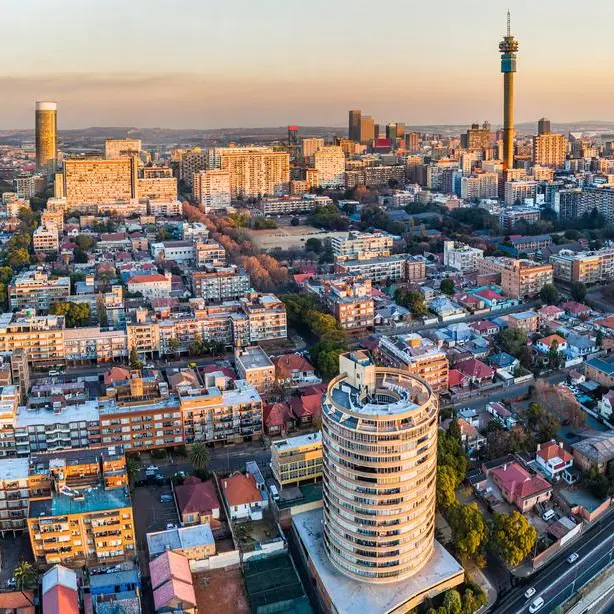PHOTO
Qatar - The threat of new Covid-19 variants has reared its head again in some parts of the world, including the Gulf region. It was on Thursday that Qatar’s Ministry of Public Health (MoPH) announced detecting new cases of EG.5, clarifying that the recorded cases were minor and did not lead to hospitalisation at this point.
An MoPH statement explained it was closely monitoring the epidemiological situation in relation to the new Covid-19 sub-variants.
Earlier in August, the World Health Organisation (WHO) declared the EG.5 a variant of interest. EG.5 is an off shoot of the highly contagious Omicron variant and has to date been reported in more than 50 countries.
In addition to EG.5, a highly mutated variant, BA.2.86, has been reported in several countries including the US, England and Denmark and it has multiple genetic difference from previous versions of the virus. However, there is no evidence so far of increased spread or hospitalisations in those countries, but more data is being accumulated.
Qatar’s MoPH continues to monitor the situation and test samples in the country for this new variant, the statement said. According to the WHO, there is no evidence that the new sub-variants cause more severe symptoms and illness than Omicron or other variants in circulation. However, due to the speed at which the new sub-variant can transmit from person-to-person, the MoPH stressed the importance of individuals at high risk of severe infection following standard precautionary measures including wearing a mask when in crowded places, regular hand hygiene and keeping a safe distance between yourself and others.
MoPH also recommended that people who experience Covid-19 symptoms get tested for the infection and seek treatment if they are at increased risk for severe disease. Patients with the following symptoms are advised to seek medical assessment and possible treatment: fever of 38C or higher, chills, fatigue and body aches, cough with chest pain, and shortness of breath. Those most at risk include people 60 years and older and those with chronic medical conditions, the MoPH added.
Meanwhile, England will bring forward the start of its autumn flu and Covid-19 vaccination programmes as a precautionary step after the identification of BA.2.86 in Britain. The variant was first detected in Britain on August 18 and vaccinations will start on September 11, with care home residents and people at highest risk to receive the shots first. The variant was first spotted in Denmark on July 24 after the virus infecting a patient at risk of becoming severely ill was sequenced. It has since been detected in other symptomatic patients, in routine airport screening, and in wastewater samples in many countries.
Incidentally, a UN anti-racism committee on Thursday urged rich countries - particularly Britain, Germany, Switzerland and the US - to waive coronavirus vaccine patents and said they violated a guarantee against racial discrimination. According to the latest WHO data, 32% of the world’s population has received at least one booster or additional vaccine dose, but in some developing nations the figure is less than 1%, it said. In June 2022, World Trade Organisation member countries reached an agreement authorising developing nations to lift Covid-19 vaccine patents for five years, but further talks on the issue have stalled.
The UN Committee on the Elimination of Racial Discrimination, a group of 18 independent human rights experts whose views are not binding, said the deal has not done enough to reduce disparities. Rich countries’ “persistent refusal” to waive intellectual property rights “raises concerns” about their obligations under the International Convention on the Elimination of All Forms of Racial Discrimination, the committee added. It said Covid-19 remained a serious public health issue with “devastating” impacts falling disproportionately on people of African or Asian descent, ethnic minorities, Roma communities and Indigenous peoples. The inequality could be “significantly mitigated” by sharing access to intellectual property rights to life-serving vaccines, treatments and technologies “currently reserved by a few countries in the global North”, it said.
© Gulf Times Newspaper 2022 Provided by SyndiGate Media Inc. (Syndigate.info).




















